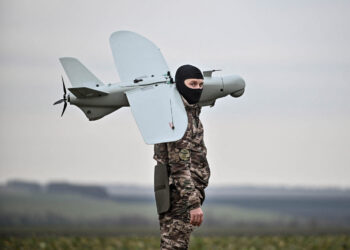,
WASHINGTON (Reuters): Pakistan is an ally of the United States in its war on terrorism but cannot abide U.S. strikes on militants within its borders, a Pakistani Prime Minister Shaukat Aziz said on Sunday.
“We do not allow any country to violate our sovereignty. We are committed to fighting terrorism but it has to be fought together,” Aziz said on CNN's “Late Edition” program.
The U.S. military has used pilotless drone aircraft in places that are seen as hotbeds for anti-American activity like Afghanistan, Pakistan and Yemen to try to take out Islamic militants targeted in the U.S. war on terrorism.
But Aziz said Pakistan does not allow the drone attacks and that foreign strikes were unacceptable to a nation that has voiced its commitment for U.S. President George W. Bush's world-wide campaign.
“We are totally capable of taking care of activities within our borders and we do not encourage or allow any country to violate this understanding,” Aziz said.
Shaukat also said that there was a “fair element of truth” to U.S. media reports about a U.S. predator strike in Pakistan in January, which was purportedly aimed at Al-Qaeda second-in-command Ayman al-Zawahiri but had missed its target.
“It's very difficult to say who was there because … the individual in question got away,” Shaukat said. “Clearly the indications from various intelligence sources was that there are high value targets there.”
Such attacks can be fiercely unpopular in Pakistan and the January strike prompted a formal complaint. It also triggered debate about Pakistan's complicity in — or at least acceptance of — U.S. strikes there.
Aziz, a former banker and finance minister tapped by President Pervez Musharraf in 2004, also rejected recent allusions from Afghan President Hamid Karzai that al-Qaeda leader Osama bin Laden is hiding in Pakistan.
“We have no clue where he is,” Aziz said. “If he were ever in our territory and we found out, we would go after him.”
Aziz also said the Afghan government is wrong to assert that Taliban insurgents are now being directed from within Pakistan.
“We understand that the command and control network of the Taliban is very much deep inside Afghanistan,” he said.









